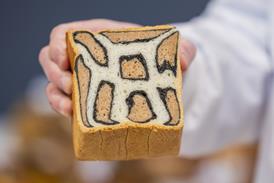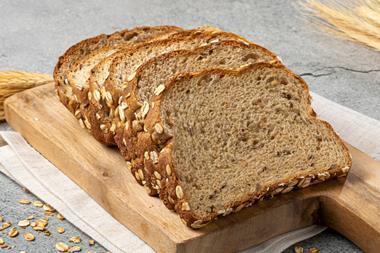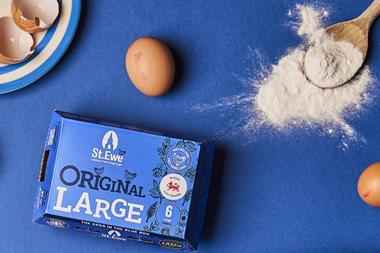Scientists developing genetically modified (GM) wheat have asked campaigners not to damage crops at a trial at Rothamsted Research.
The plea comes after a protest group called Take the Flour Back vowed to “decontaminate” the site unless the research is halted.
The scientists said the GM plants could benefit the environment as they will reduce pesticide use.
“We appeal to you as environmentalists,” they wrote in an open letter. “Our GM wheat could, for future generations, substantially reduce the use of agricultural chemicals.”
But campaigners are planning a day of action on 27 May, according to the BBC news website, claiming campaigners have said the event will be “a nice day out in the country, with picnics, music... and a decontamination”.
Rothamsted’s wheat contains genes that have been synthesised in the laboratory – an approach that is becoming more commonplace than transferring genes from other organisms, as technology develops.
The gene will produce a pheromone called E-beta-farnesene that is normally emitted by aphids when they are threatened by something.
Last week, the Real Bread Campaign delivered a pledge to the government from more than 350 bakers, millers, farmers and consumers not to sell or buy GM wheat.
The pledge was accompanied by a letter to Caroline Spelman MP, Secretary of State for the Environment, Food and Rural Affairs, expressing deep concerns about the testing of GM wheat at Rothamsted Research in Hertfordshire.
Chris Young, of the Real Bread Campaign, said: “The Real Bread Campaign finds ways to make bread better for us, better for our communities and better for the planet. We cannot see how GM technology fits with any of these aims.”




















































No comments yet